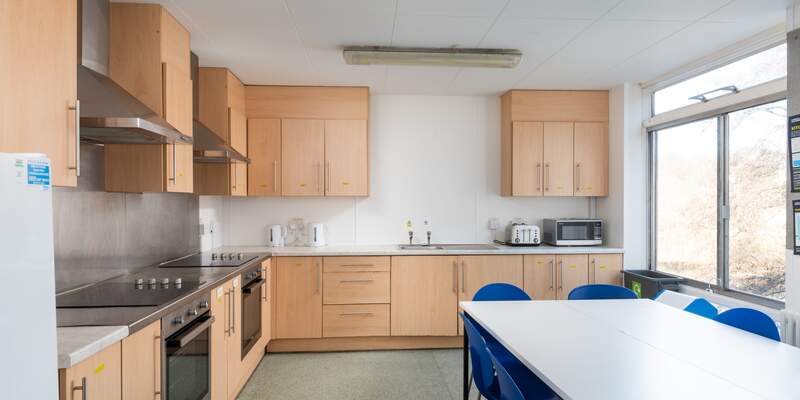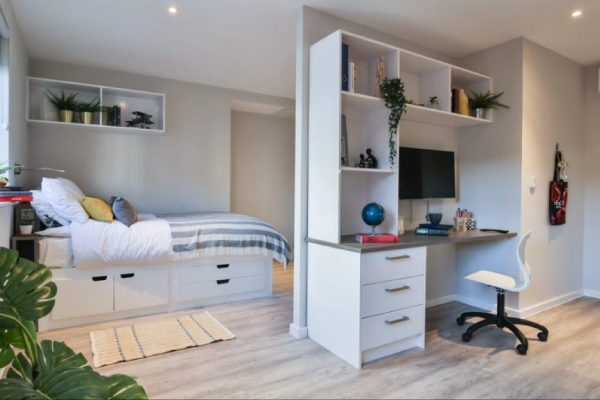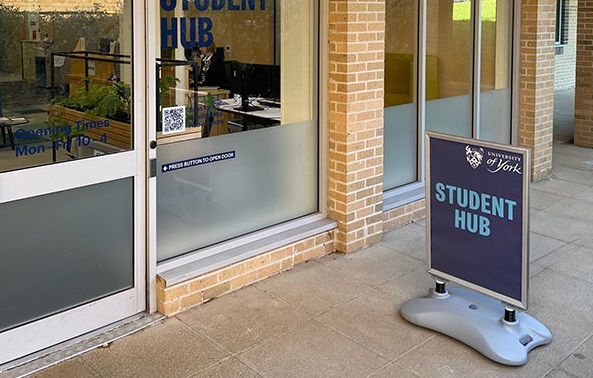A TV licence is required if you watch any live TV or BBC iPlayer. Note, TV licences are backdated to the beginning of the month.
If you are caught watching live TV on any device without a licence, fines can be up to £1,000.
If you are sharing your house as a part of a joint tenancy, then you will only need one TV licence for the entire property. If you each have individual tenancy contracts and you wish to watch live-streamed TV (whether on a TV, computer or phone) you will each have to pay for your own TV licence.
If you live with your landlord in the same property, you will need a licence to watch live TV in your own room.
Find out about Students and the TV licence.






